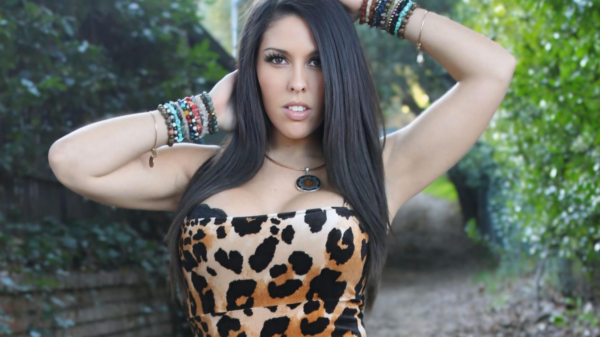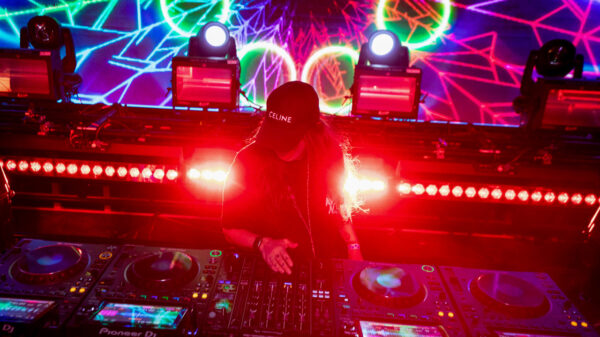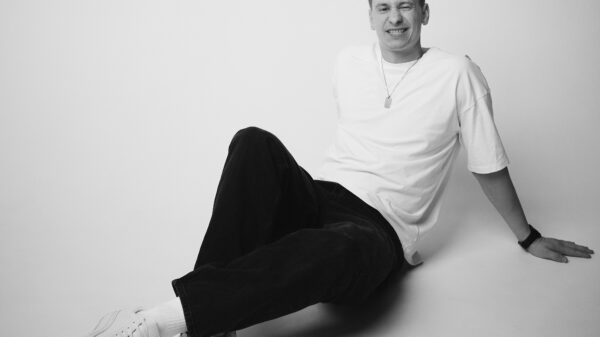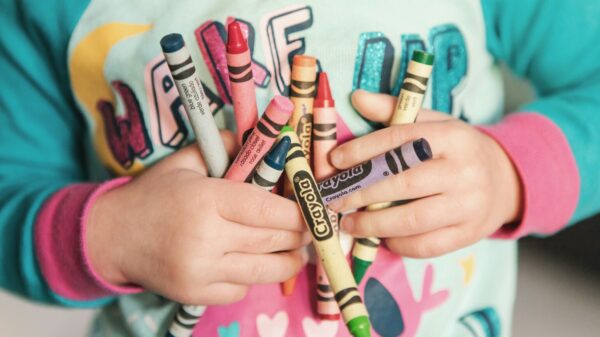Todd Edwards won a Grammy for work on Daft Punk's album “Random Access Memories” this past year and coincidentally Disclosure knocked the album off it's top spot in the UK Album Charts with the debut of “Settle.” Edwards is a renowned house producer from New Jersey and his influence on Daft Punk has made him their “secret weapon.” Since there's been plenty of buzz about the British duo lately, Edwards recently gave an interview about the unique style of Disclosure and their positive influence on future creation. He supports them with many positive attributes that can not only help push their genres forward, but plenty of future artists. He goes on to say:
Hit songs, hit remixes, a great album, and a tour along with a little gimmick of being young brothers are all the ingredients needed to cause a major impact on the industry they’re a part of. Unlike the opinions of a previous article on THUMP, I feel Disclosure helped house and UK Garage make a positive stride forward.
Disclosure was also recently accused of playing a “staged set.” Guy and Lawrence Howard (Disclosure) explained afterwards that event organizer Capital FM told them they needed to play the show with a backing track and allow the vocalists to sing. They insisted on triggering the tracks themselves, and Disclosure looked awkward on stage, leading to some unflattering photos, that caused a bit of controversy. Along with the article that criticized their impact on house music, Edwards had this rebuttal:
“Disclosure has added to the legacy of garage and house, breathing new life into it. This newer house and UKG has not only grabbed the attention of a younger generation both in the UK and America, but has given the opportunity for its earlier origins to be discovered and appreciated. Whether it was their intention to do so or not, or whether they love or hate clubs, festivals, dance music, drugs, people, life, etc. is irrelevant: Disclosure’s music has had an impact well beyond England. To make a statement that their music works better on radio than it does in a club is absolutely ridiculous.”
Disclosure remains a booming success story and their recent track record proves that. Their signature song, “Latch,” went platinum in the U.S. recently and the vocalist from that single (Sam Smith) just burst onto the scene with a hit debut album. The duo also happens to be one of the few rare acts in electronic music that play live instruments on stage. Edwards explained:
“Today, what can you see in the booth? The glow of the Laptop? A lit up controller with knobs and switches that may or may not even be affecting the set? We all know it's possible to pre-program a whole DJ set, no beat-matching necessary. In my opinion, moving knobs and switches has all the visual appeal of throwing on a mix CD. And for those of us that are using CDJs, we don't need CDs anymore. What we carried in four crates of records can now fit on a little USB drive. Once again, the only visual has become turning a knob to select the next track. So yes, it's a complete benefit if an artist like Disclosure can sing, play an instrument, dance around like mad men (I do that), or add anything visual as part of a DJ set or live performance.”
Edwards goes on to defend them and says they still make music for the club and embrace their position, highlighting a few of their tracks. He also claims that they are wrongfully targeted for wanting to collaborate outside of the EDM box, usually working with “indie rock” types. Edwards says,
As for who Disclosure collaborates with, I don't remember reading the rule in the “House Music Handbook” specifying that we are supposed to work with others in the same genre lest the finished product not be deemed culturally relevant or quantifiably “house.” Really with this comment? Guess what, if you take an opera singer, put him on a house track and people in the club love it, well then, congratulations, you’ve just made a successful house track. Hybrids of music with artists from other genres can spawn new ideas. House has always been about freedom of expression and attempting to think outside the box… the choices belong to the DJ and the producer. I bet you can even take a singer-songwriter from the ‘70s like Paul Williams and make a brilliant track… wait, someone already did that (see below). There is great house music and there is not so great house but there is no wrong house music.














